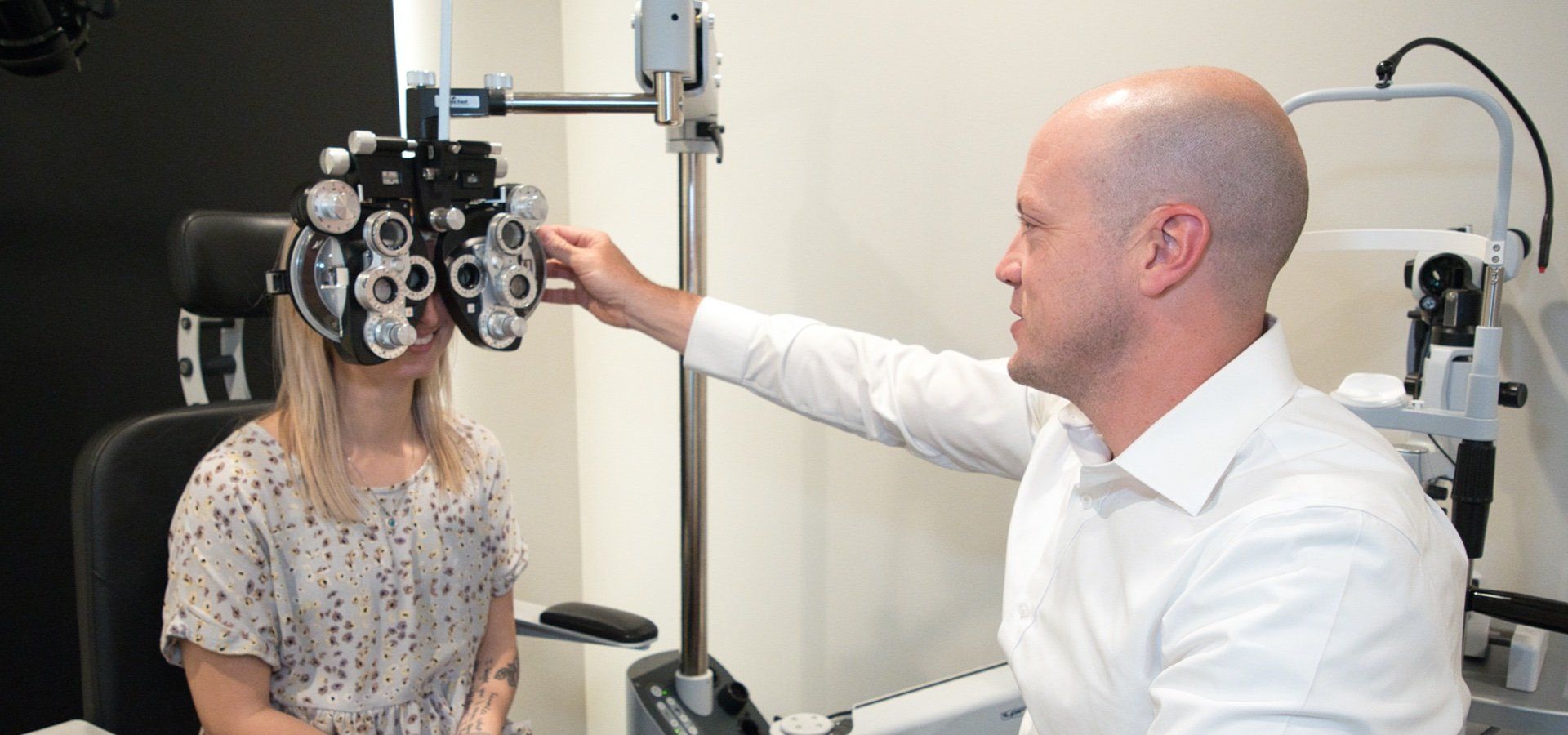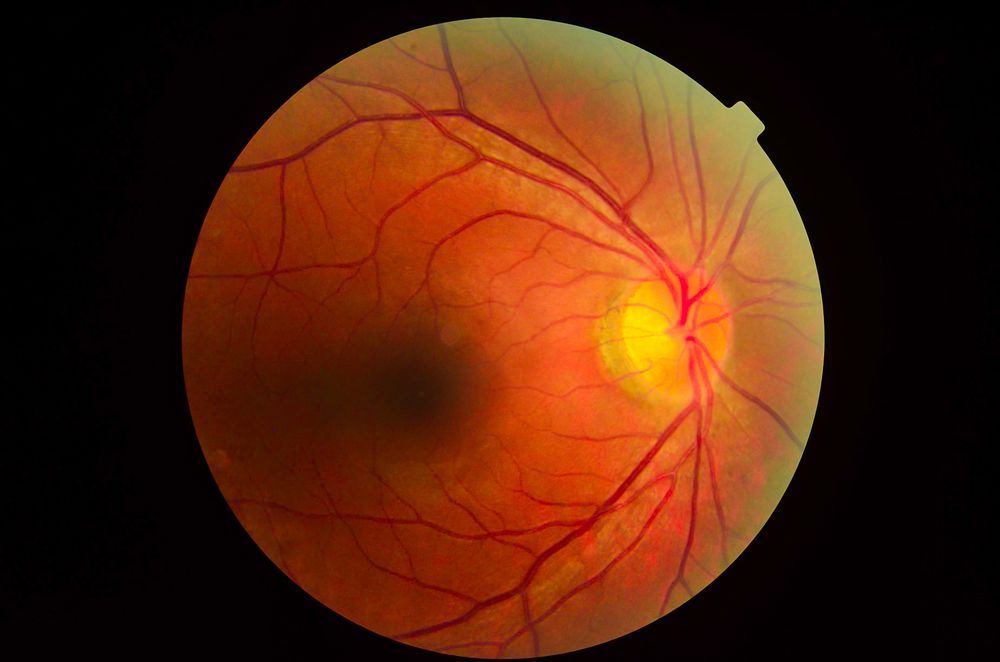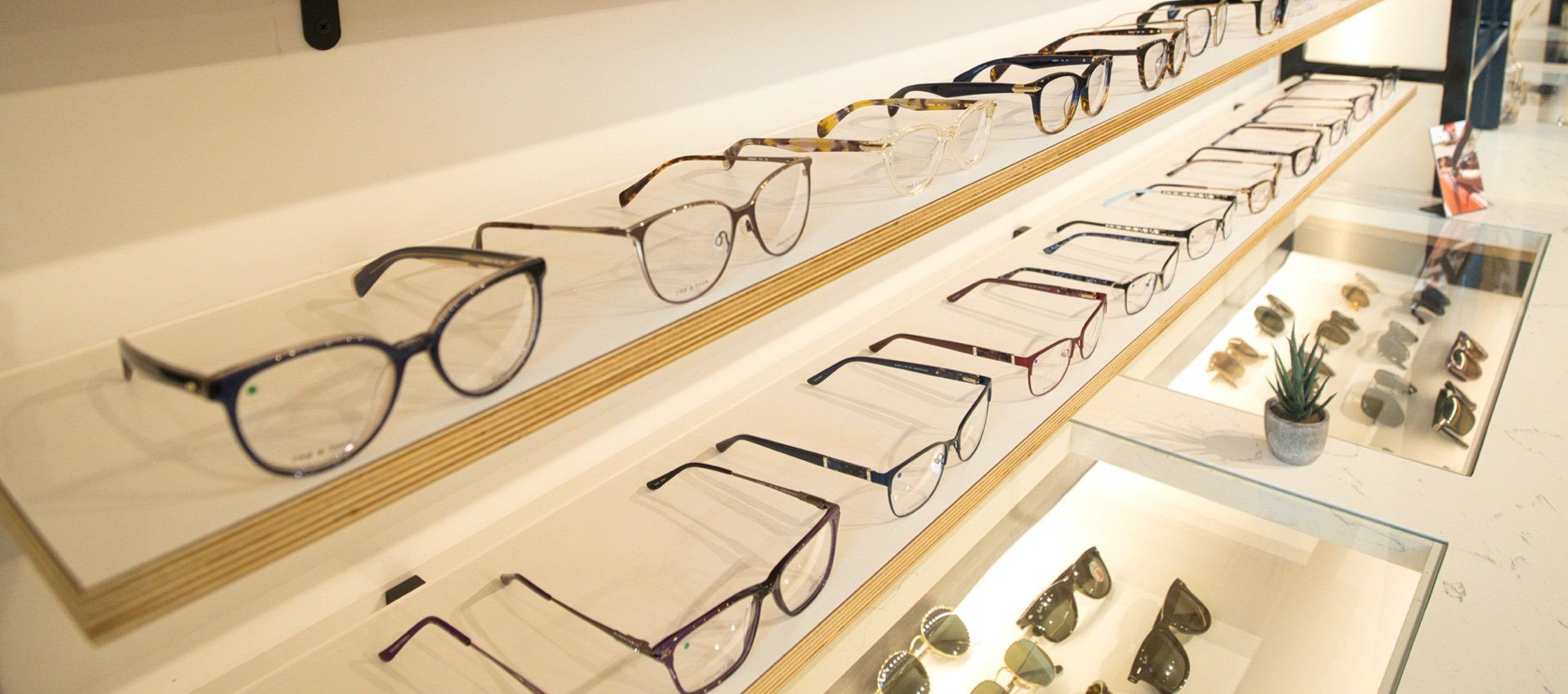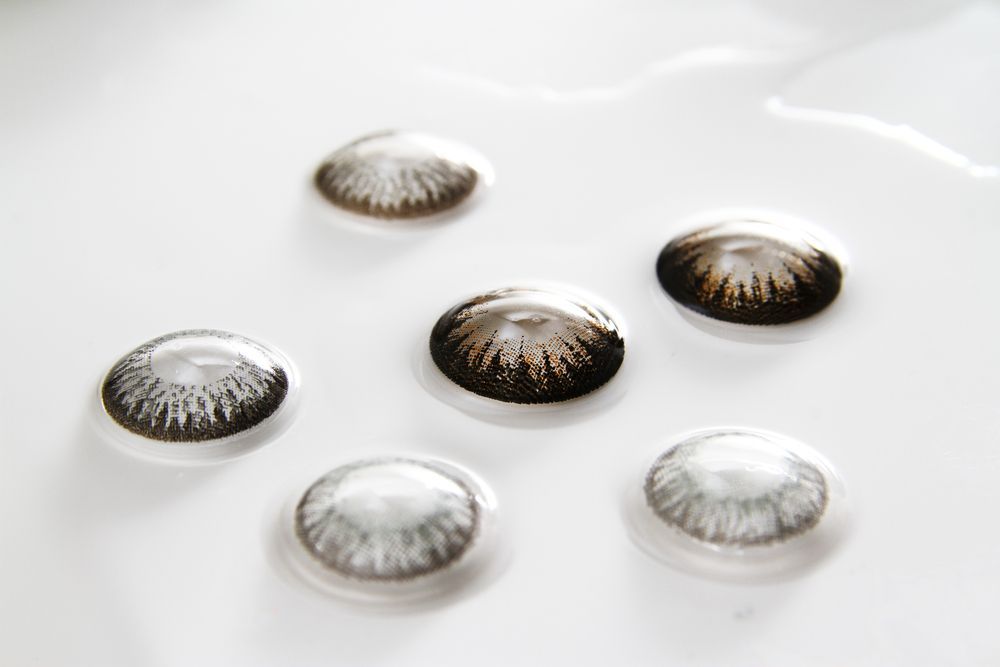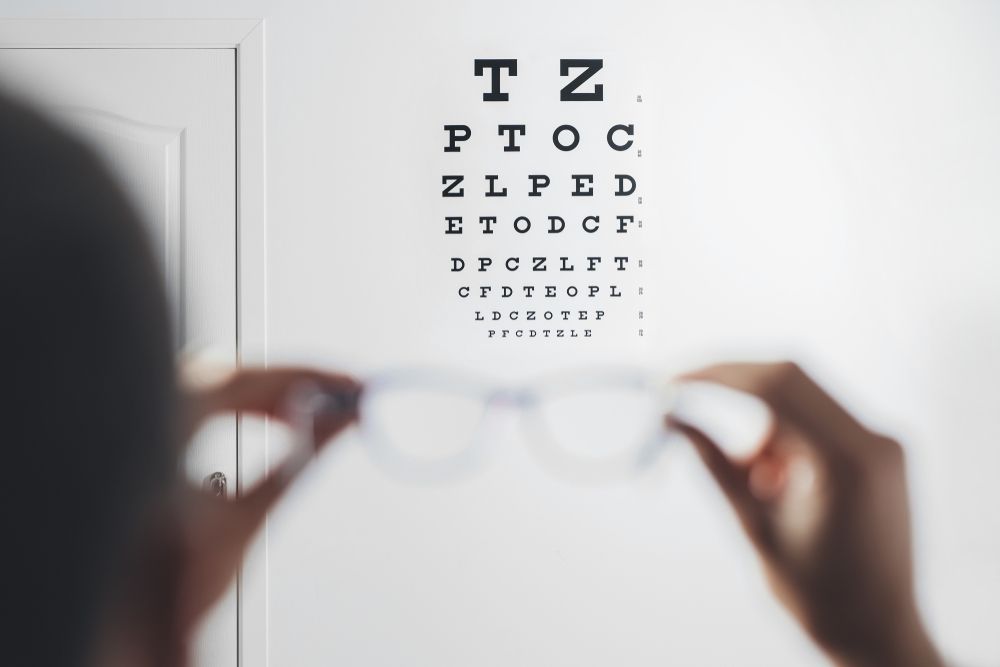As we kick off 2025, it's the perfect time to refocus on one of our most valuable senses: our vision. Whether you're navigating a screen-filled world, spending time outdoors, or simply managing the effects of aging, your eye health should be a priority. At Blake Bush Family Eye Care, we’re here to provide you with actionable tips to keep your eyes healthy and your vision sharp.
1. Follow the 20-20-20 Rule
Digital screens are now a staple of everyday life, but they can strain your eyes. The 20-20-20 rule helps prevent digital eye strain: every 20 minutes, take a 20-second break to look at something at least 20 feet away. It’s a small step with big benefits.
2. Schedule Regular Eye Exams
Eye exams aren’t just about updating your prescription. They’re essential for detecting conditions like glaucoma, macular degeneration, and diabetic retinopathy early—before symptoms become noticeable.
3. Protect Your Eyes from UV Rays
Harmful ultraviolet (UV) rays from the sun can increase your risk of cataracts and macular degeneration. Wear sunglasses that block 100% of UVA and UVB rays, even on cloudy days. For extra protection, consider polarized lenses to reduce glare, especially if you spend a lot of time outdoors or driving.
4. Fuel Your Vision with Nutrition
Your diet plays a significant role in your vision health. Nutrients like omega-3 fatty acids, lutein, zeaxanthin, vitamin C, and zinc help protect against age-related eye issues. Load up on leafy greens, colorful fruits, nuts, and fish like salmon to support healthy vision. Consider adding foods like carrots, oranges, and sweet potatoes for an extra boost of vitamin A.
5. Stay Hydrated
Dry eyes are a common complaint, often worsened by dehydration. Drinking enough water not only keeps your body hydrated but also ensures your eyes produce enough tears to stay lubricated and comfortable. If you’re prone to dryness, consider using preservative-free artificial tears to supplement your natural tear production.
6. Limit Blue Light Exposure
Extended screen use exposes our eyes to blue light, which can disrupt sleep and potentially contribute to eye fatigue. Invest in blue light-blocking glasses, enable the night mode on your devices, and take regular breaks from screens to minimize exposure. Your eyes will thank you!
7. Maintain Good Contact Lens Hygiene
If you wear contact lenses, proper hygiene is essential to avoid infections. Always wash your hands before handling lenses, follow the recommended cleaning schedule, and never sleep in lenses unless they’re designed for extended wear. Many patients prefer daily disposable lenses for added convenience and hygiene.
8. Stay Active for Better Circulation
Regular exercise promotes healthy circulation, delivering essential nutrients to your eyes. Even moderate activities like walking or yoga can support your vision while benefiting your overall health.
9. Make Sleep a Priority
Your eyes need rest just like the rest of your body. Aim for 7-8 hours of quality sleep each night to help your eyes recover from the demands of the day. Better sleep equals brighter, more refreshed eyes.
10. Explore Modern Eye Care Solutions
Innovative treatments are now available to address common issues like dry eyes and myopia. Intense Pulsed Light (IPL) therapy for dry eyes or prescription drops for slowing myopia progression are just two examples of how technology is revolutionizing eye care.
Your Vision, Our Priority
Your eye health plays a key role in your overall well-being, and a few proactive steps can make a big difference. Whether it’s scheduling your annual eye exam, upgrading your sunglasses, or improving your diet, the choices you make today will protect your vision for the future.
If you have questions about your eye health or want to
schedule an appointment,
contact us at Blake Bush Family Eye Care. Let’s work together to make 2025 your clearest year yet!



